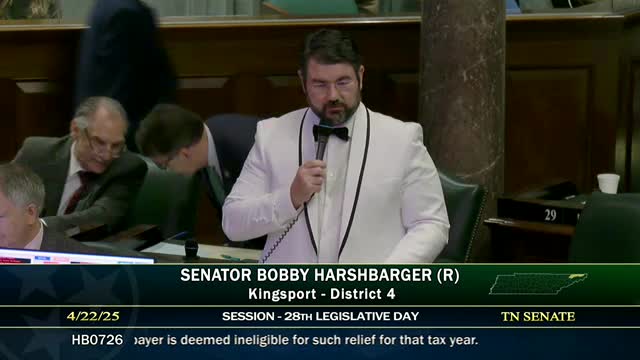Article not found
This article is no longer available. But don't worry—we've gathered other articles that discuss the same topic.
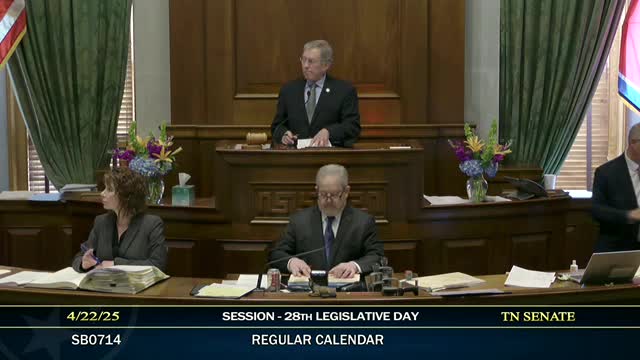
Senate approves new intervention powers for chronically low‑performing districts; Shelby County cited as primary example
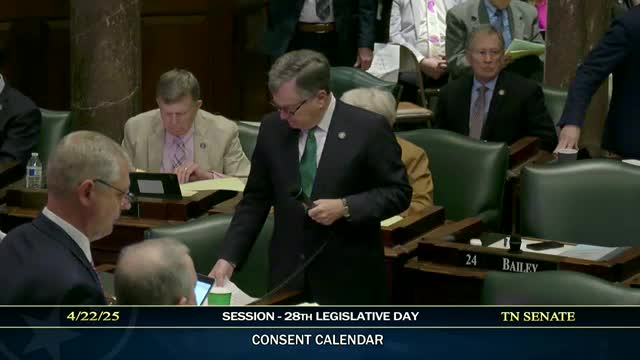
Votes at a glance: key Senate floor outcomes and final actions
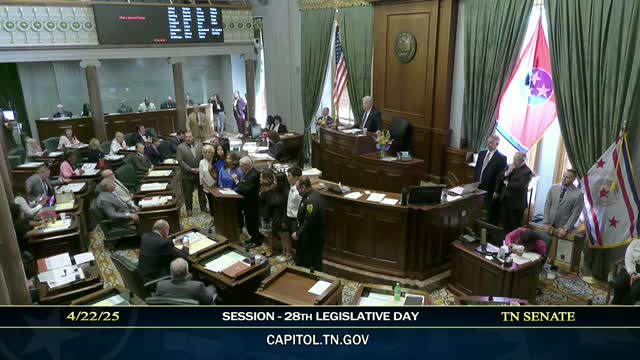
Senate honors late Morgan County Sheriff Wayne Potter with joint resolution and presentation to family
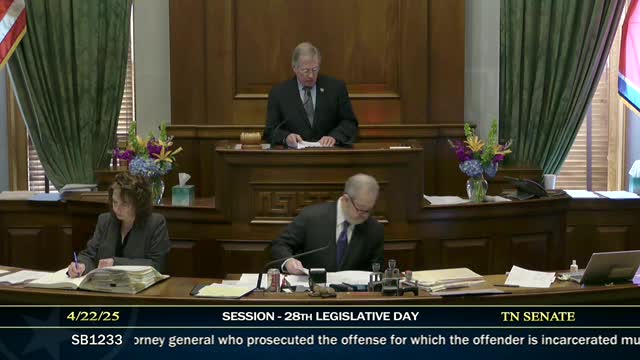
Senate adopts amendment creating mandatory minimum for fentanyl possession and expands related protections
